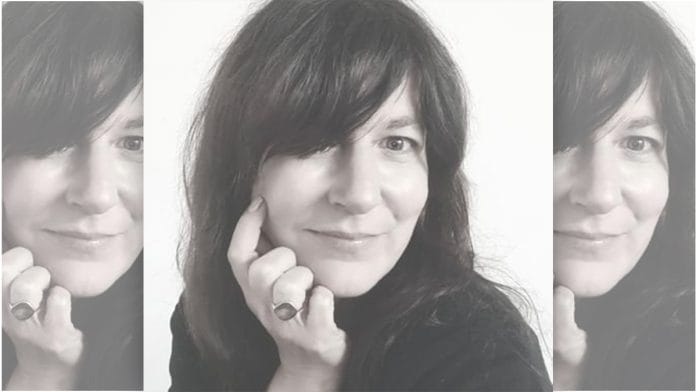New Delhi: French journalist Vanessa Dougnac, who was accused by the Indian government of “malicious” reporting and not complying with rules and regulations, released a statement Friday claiming she has been forced to leave the country.
Dougnac, who has lived in India for over 20 years, was the former South Asia Correspondent for French publications La Croix, Le Point, Le Temps and Le Soir.
“Today, I am leaving India…I am being forced to leave by the Government of India. Sixteen months ago, the Ministry of Home Affairs (MHA) denied my right to work as a journalist, providing no reasons nor justifications, and no hearing,” she wrote in a statement.
ThePrint reached spokespersons from the MHA and the MEA for comment but had not received a response from either by the time of publication. This report will be updated if and when a response is received.
On 18 January, days before French President Emmanuel Macron was to visit India as the Chief Guest for the Republic Day parade, ThePrint reported that the home ministry issued a notice to the journalist asking why her Overseas Citizen of India (OCI) card should not be cancelled.
It accused the journalist of creating a “biassed negative perception” of the country. She was given a 15-day deadline ending 2 February to respond.
In her latest statement, Dougnac said the MHA has not responded to her repeated requests for explanations or review of this “arbitrary action”.
“Today, I am unable to work and have been unfairly accused of prejudicing the interests of the state. It has become clear that I cannot keep living in India and earning my livelihood,” she said Friday.
“I am fighting these accusations before the competent forums and I have full faith in the legal process. But I can’t afford to wait for its outcome. The proceedings with respect to my OCI status have shattered me, especially now that I see them as part of a wider effort by the Government of India to curb dissent from the OCI community,” she added.
As ThePrint reported earlier, Paris had raised Dougnac’s case during the French President’s visit to India last month.
The Indian foreign secretary suggested that the case had less to do with aspects of journalism and pertained to compliance of rules and regulations in India, adding that “people are free to do what they are accredited to do”.
(Edited by Amrtansh Arora)
Also Read: What are the changes OCIs will face under Modi govt’s new work permit rules







Shekhar will remember Louis Malle the French film maker who was kicked out of India in early 70s for making documentaries on India with downright racist content. That is the problem with white people who visit India. They see the poverty, disorder which is hard to belive for them and may be they derive an evil pleasure learning that people somewhere on the planet live like that, too. And they would like to get back home and show the misery in India to their own countrymen. When I say whites, I mean whites of all hues and faiths and convictions. In the early 90s I was accompanying a purchase delegation from Nakhodka in Russia which was in Pune for a business negotiation. On our way to Mumbai to visit a company, we were traveling by train. One of the Russians carrying a swanky movie camera would all the time walk up to the door of the compartment, peep out and return. Finally he found what he was looking for. I peered out and saw a jhopadpatti (slum) by the railway line and he got into action. He filmed the whole spectacle. I tried to tell him there are more beautiful sights , but he wouldnt be deterred. So, they keep coming to gawk at our poverty, always showing the country in a bad light. We have to strive to remove this stigma of poverty by sheer hard work.